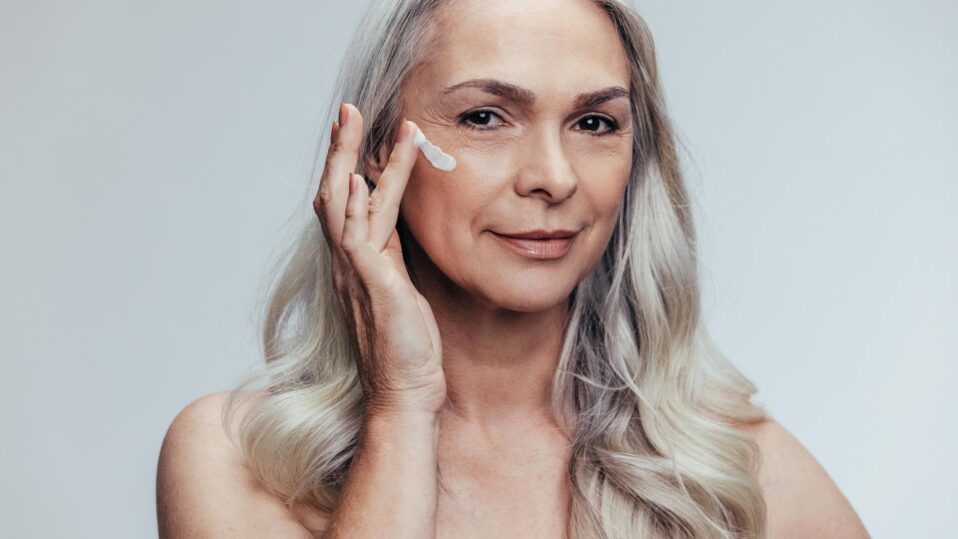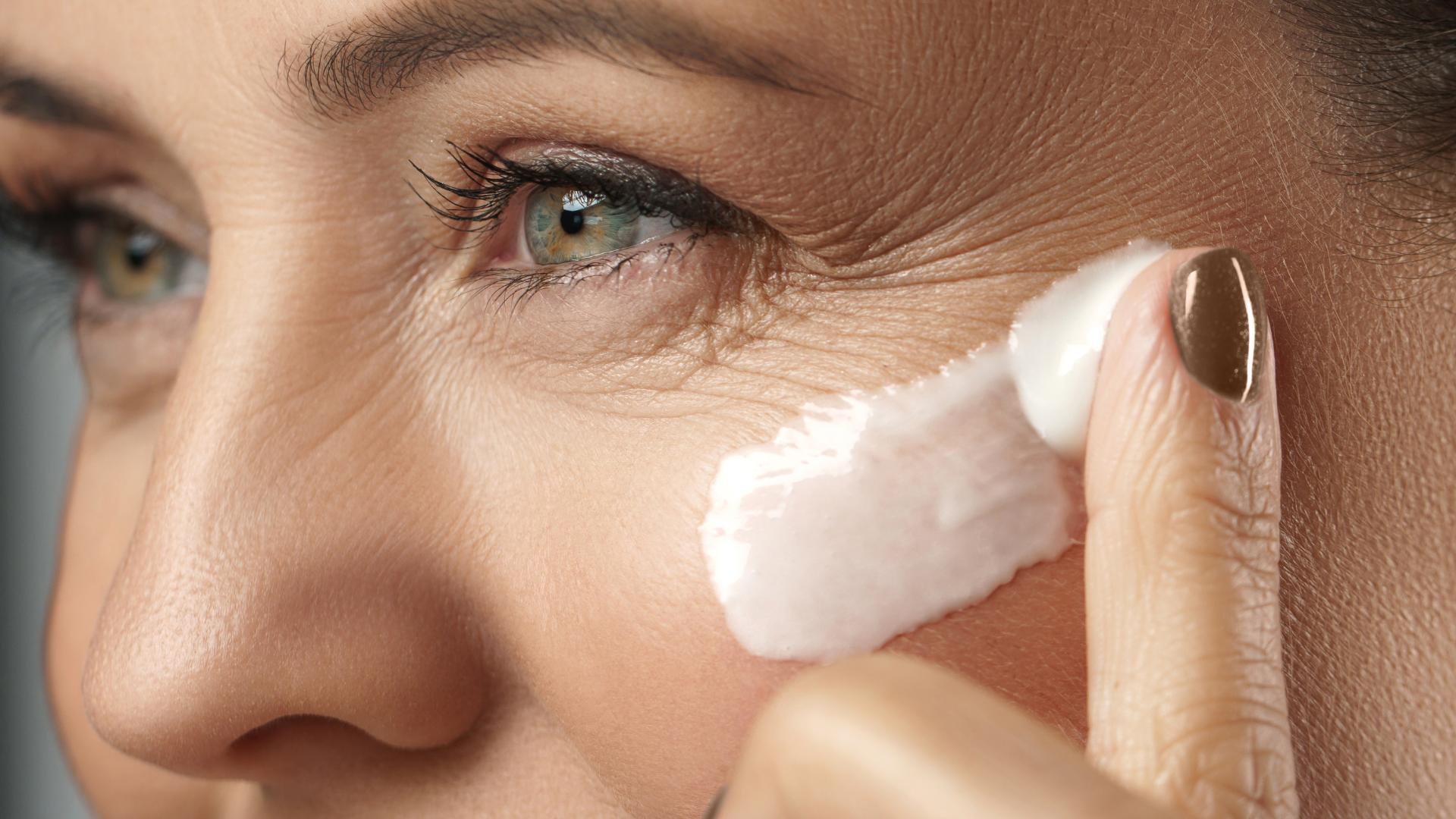Anti-Aging Skincare: Myths and Facts

In the ever-evolving world of skincare, myths and misconceptions about anti-aging treatments and products abound. From the role of sunscreen to the use of specific ingredients, we often find ourselves swayed by popular belief rather than facts. As a society, we’re constantly seeking ways to maintain our youthful appearance, fight off wrinkles, and slow down the inevitable process of aging. But how much of what we believe about anti-aging skincare is actually true? Let’s debunk some common myths and highlight the science-backed facts that can help you achieve and maintain healthy, youthful skin.
- 1 Understanding the Aging Process and Its Effects on the Skin
- 2 Anti-Aging Skincare Products: What Works and What Doesn’t
- 3 The Importance of Sun Protection in Anti-Aging Skincare Routine
-
4
FAQ
- 4.1 What are the common myths about anti-aging skincare?
- 4.2 Is it possible to reverse the signs of aging with skincare products?
- 4.3 Can lifestyle choices impact the effectiveness of anti-aging skincare?
- 4.4 Are natural ingredients always better for anti-aging?
- 4.5 How important is sun protection in an anti-aging skincare routine?
- 4.6 You may also like:
Understanding the Aging Process and Its Effects on the Skin
Aging is an intrinsic process that everyone experiences over time. It manifests itself in various ways on our skin, including the appearance of fine lines, wrinkles, loss of elasticity, and other signs of aging. But before we dive into the best skincare products or treatments to combat these signs, let’s clear up some common misconceptions about skin aging.
Firstly, skin aging doesn’t occur at the same rate for everyone. Factors like genetics, lifestyle, diet, and environmental exposure all play a role in how quickly our skin ages. So, it’s crucial to understand that there isn’t a one-size-fits-all solution when it comes to anti-aging skincare.
Another prevalent myth is that oily skin doesn’t age as quickly as dry skin. While it may appear that way, the reality is that oil production and aging are two separate aspects of skin health. Oily skin types may struggle with acne and shine, but they are not immune to the fine lines, wrinkles, and sun damage that come with aging.
Lastly, many people believe that they don’t need to start using anti-aging products until they start seeing visible signs of aging. However, the truth is that preventive care is significantly more effective in maintaining skin health and youthful appearance.
Anti-Aging Skincare Products: What Works and What Doesn’t
With the market flooded by anti-aging skincare products, determining what truly works can be overwhelming. To help you navigate this burgeoning field, let’s debunk some common myths about these products.
A popular myth is that the more expensive a product is, the more effective it will be. Price does not always correlate with effectiveness; instead, it’s the active ingredients in the product that make the difference. Some of the key ingredients to look for include retinoids, vitamin C, peptides, and hyaluronic acid, which have been scientifically proven to reduce the appearance of signs aging.
Another myth is that natural or organic products are always better. While these can be excellent options for those with sensitive skin, they are not necessarily more effective in combating skin aging. Some natural ingredients can even cause allergic reactions, so it’s always best to patch test new products.
The Importance of Sun Protection in Anti-Aging Skincare Routine
One cannot stress enough the importance of sun protection in an anti-aging skincare routine. Yet, there are still many myths surrounding the use of sunscreen and sun damage.
One such myth is that you only need to wear sunscreen when it’s sunny. The truth is, harmful UV rays can penetrate through clouds and even glass, causing skin damage even on cloudy days or when you’re indoors. Therefore, integrating a broad-spectrum sunscreen into your daily care routine is crucial for protecting your skin from sun damage and premature aging.
Another common myth is that people with darker skin don’t need sunscreen. In reality, everyone, regardless of skin tone, is susceptible to sun damage and skin cancer. While darker skin may not burn as quickly, the risk of sun damage still exists, emphasizing the need for regular sunscreen use.
Navigating the world of anti-aging skincare can be a daunting task, but by debunking these common myths, we hope to have clarified the facts for you. Remember, everyone’s skin is unique, and what works for one person may not work for another. It’s crucial to understand your skin type and its specific needs to find the most effective care routine.
Contrary to many myths, achieving and maintaining youthful skin is not about finding a magic bullet. Instead, it requires a comprehensive approach that includes using effective products, protecting your skin from sun damage, and leading a healthy lifestyle overall. Remember, it’s never too early to start taking care of your skin. By doing so, you can help slow down the aging process and maintain your skin’s health and youthfulness in the long run.
FAQ
What are the common myths about anti-aging skincare?
One common myth is that expensive products are always more effective. Another is that natural ingredients are always better for anti-aging. Additionally, many believe that anti-aging skincare is only necessary for older individuals, which isn’t true—prevention can start at any age. Lastly, some think that results should be immediate, but most effective skincare requires consistent use over time.
Is it possible to reverse the signs of aging with skincare products?
While no product can completely reverse the signs of aging, many can significantly reduce their appearance. Ingredients like retinoids, hyaluronic acid, and antioxidants can improve skin texture, reduce fine lines, and promote a youthful glow. Consistent use and a comprehensive skincare routine can yield noticeable improvements.
Can lifestyle choices impact the effectiveness of anti-aging skincare?
Absolutely. Factors such as diet, hydration, sleep, and avoiding smoking and excessive sun exposure can greatly enhance the effectiveness of your skincare routine. Healthy lifestyle choices support skin health from the inside out, complementing the benefits of topical products.
Are natural ingredients always better for anti-aging?
Not necessarily. While natural ingredients can be beneficial, they are not inherently superior to synthetic ones. Effective anti-aging products often combine both natural and scientifically-formulated ingredients. It’s important to focus on the efficacy and safety of the ingredients rather than their origin.
How important is sun protection in an anti-aging skincare routine?
Sun protection is crucial in any anti-aging skincare regimen. UV radiation from the sun is one of the leading causes of premature aging, contributing to wrinkles, fine lines, and age spots. Using a broad-spectrum sunscreen with at least SPF 30 daily can help protect your skin and maintain its youthful appearance.

